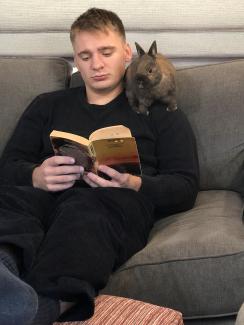
Last Wednesday, 22-year-old Abbigail Bugenske became a millionaire thanks to Ohio’s new lottery scheme aimed at boosting coronavirus vaccination rates. Gov. Mike DeWine (R) enacted the program, which enters all vaccinated adults in weekly lottery drawings for $1 million, and awards five lucky vaccinated teenagers full scholarships at an Ohio public university of their choice. The plan seems to have worked: In the program’s first week, the state recorded “a 28 percent increase in the vaccination rate of those 16 and older.”
Yet DeWine has faced pushback from critics on all sides. State Rep. Jena Powell (R) called the scheme a “PR stunt,” and the state House Democratic Minority Leader Rep. Emilia Strong Sykes opined that “using millions of dollars in relief funds in a drawing is a grave misuse of money.”
Although a favorable editorial in the Toledo Blade called the scheme “shocking and quirky,” in the not-so-distant past Colonial and early state legislatures routinely used lottery drawings to promote the public good. The history of these lotteries — and the critiques that slowly made them morally suspect — help explain both DeWine’s decision to create them and the pushback he is receiving.
Read the entire essay HERE
